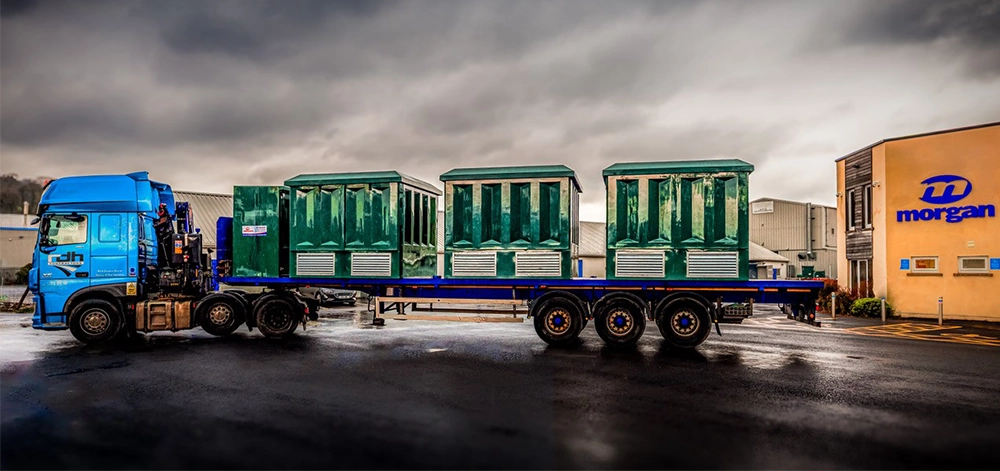

Morgan Marine Limited
Llandybïe
Ammanford
Carmarthenshire
SA18 3GY UK
Phone
General Enquiries and Sales:
Personnel Enquiries:
Employment Enquiries:
By signing up to our newsletter, you agree to receive marketing emails from Moragn Marine Ltd.
For more information, please read our Privacy Policy.
